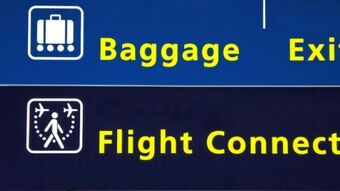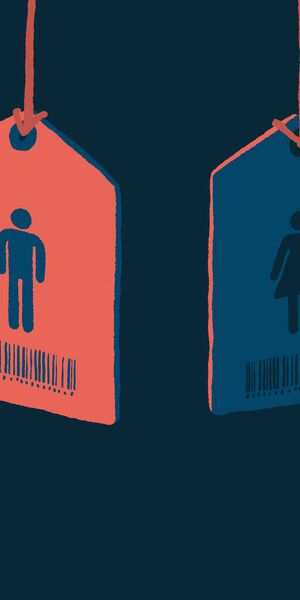Significant failings in Border Force action on human trafficking
Human Trafficking
A joint inquiry by the Chief Inspector of Borders and the Independent Anti-Slavery Commissioner has found a catalogue of poor performance by Border Force “may be failing potential victims” of human trafficking.
CARE is greatly concerned that opportunities are being missed to spot victims and traffickers as they enter the country. Early detection and intervention can make a huge difference to the degree of exploitation and trauma a victim will suffer – and therefore on their ability to recover from the ordeal.
Border Force’s position at ports and airports across the country gives its staff a unique opportunity to identify both potential victims and their traffickers as they enter the UK. This inspection revealed a need for vast improvement in several areas of the agency’s response to this crime.
The inspection report notes that although over 3,000 possible victims of trafficking were referred to the national referral mechanism (NRM) for identifying victims in 2015 and the estimated number of victims in the UK is far higher at 10,000 -13,000, Border Force set itself the “modest” target of identifying just 313 victims in 2015-6.
The report also highlights that the majority of the possible victims identified by Border Force chose not to enter the Government’s official support mechanism which raises significant questions about the handling of their cases.
Concerns were also raised that some possible victims who did not want to enter the NRM were being refused entry to the UK and returned to their country of origin without any risk assessment. Furthermore, no arrangements were made for them to be met on arrival by appropriate authorities (despite Border Force policies about onward referral to authorities overseas), putting them at great risk of being trafficked again.
Key to enabling Border Force to fulfil its role of identifying as many victims and traffickers as possible is making sure that the task is being carried out by well-trained staff. Additionally, the way they work should enable the detection of warning signs and referral to the appropriate channels for follow up.
Disappointingly, this inspection found significant flaws in the training and deployment of staff, and in the processing of information that could be leading to significant numbers of trafficking victims being missed.
Inspectors found that some staff working in supposedly specialist “Safeguarding and Trafficking” roles had not received the appropriate training, and others had received no refresher training since 2014. A target for all frontline officers to undergo basic training on trafficking by October 2016 had also not been met – although poor record-keeping meant the exact number of officers yet to complete the training was not known, in itself a barrier to developing Border Force’s effectiveness in this area. What is more, both the specialist and general training packages were considered to be below the necessary standard to give officers the skills they need to identify possible victims.
In all, the report made 12 recommendations relating to improving training, staff deployment, data-collection, and management of the agency’s response. The Home Office has accepted 9 of the recommendations and given partial acceptance to the remaining three. This is a positive sign, but the need for action is urgent. CARE welcomes the report and the Home Office’s response and we are pleased to note the Chief Inspector’s commitment to re-inspect Border Force during the coming year and hope that he will find strong signs of improvement.
Although the role of Border Force officers is a challenging one with many competing pressures, the opportunity to identify victims and perpetrators at the border – before the victim faces further exploitation – is one that must be given greater priority. As the Independent Anti-Slavery Commissioner says about the report “There is a strong chance we are missing thousands of victims of modern slavery at our borders… We must urgently improve our response, regardless of how challenging it is.”





Share story
Significant failings in Border Force action on human trafficking